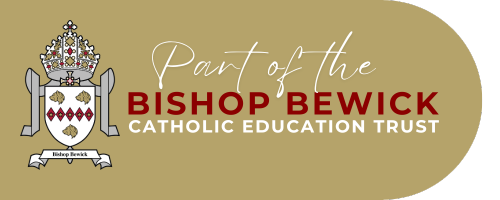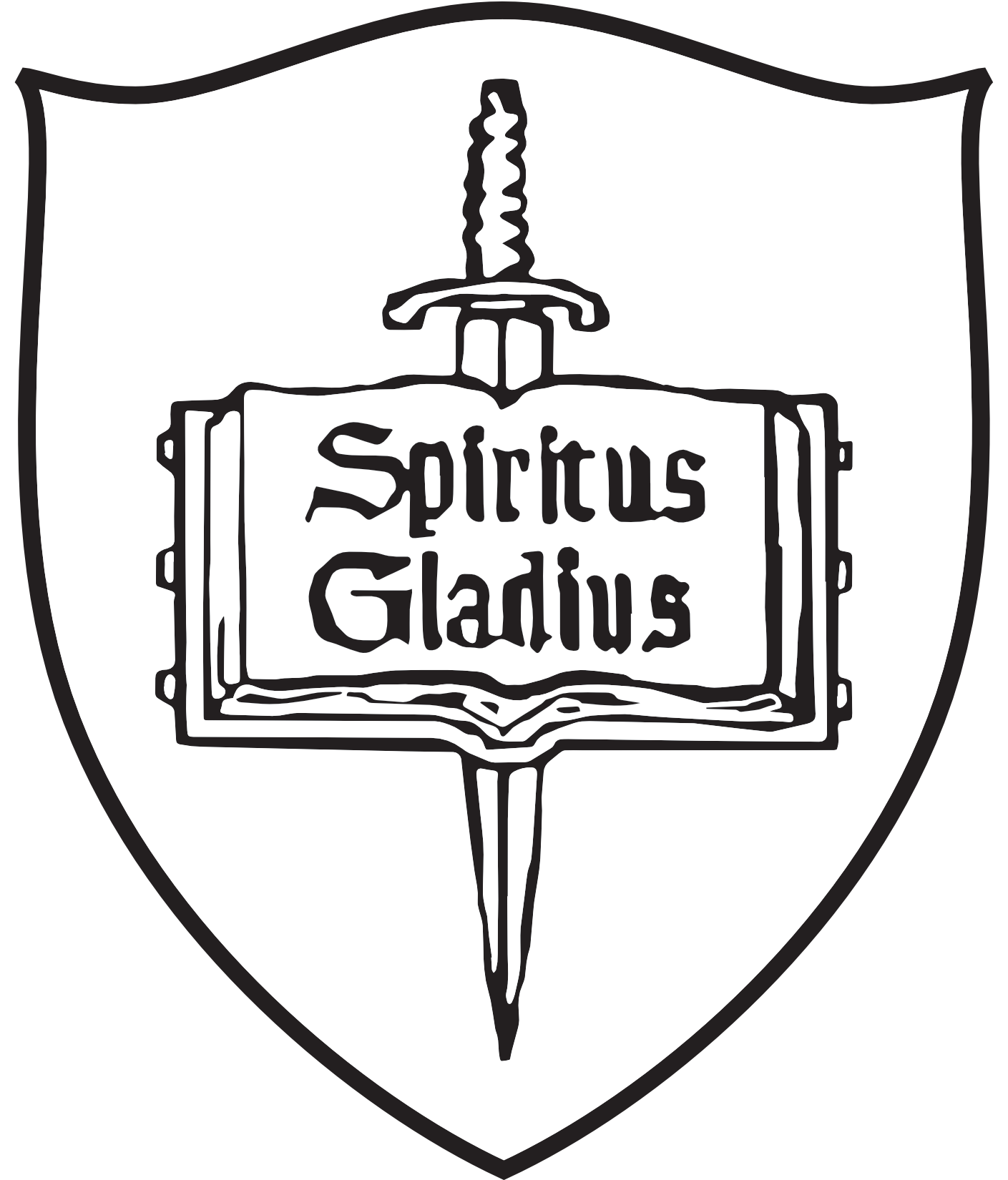
COMPUTING
COMPUTING
INTENT:
St. Paul’s Primary School recognises and values the importance of computing and how it affects our daily lives. Computing at St. Paul’s Primary School aims to develop a fun, practical and engaging high-quality curriculum. We do this through implementation of computing skills, from Barefoot Computing to Programmable robots, as well as the use of a suite of computers.
Our learners have struggled during two national lockdowns and coding skills have to be addressed in the school’s current computing curriculum. We will seek advice from specialist teachers and amend our long term plans to better meet the changing needs of our learners. As part of this the National Centre for Computing Education has been involved in supporting the school to develop a computing curriculum to help address the gaps in children’s (and staff’s) knowledge of coding.
At the heart of our curriculum is digital literacy, at St. Paul’s we don’t just want children to learn to use technology, but to do so safely. To achieve this, we build safety into each unit of work and take part in anti-bullying week and National E-safety day. Children regularly take part in collective worship and PSHCE activities, further reinforcing positive messages about the way we treat others. Weekly e-safety bulletins are shared with parents disseminating the latest advice from nationalonlinesafety.com.
Computing should not be taught in isolation, iPad, beebots, and other digital media are used to support other areas of the curriculum to allow children to ask and answer questions and broaden their knowledge and understanding of the topic s they study.
IMPLEMENTATION:
St. Paul’s Primary School has embedded the Commando Joe RESPECT curriculum in all that we do; the computing curriculum supports the further development of these characteristics.
Resilience: Children learn new skills, sometimes totally different to skills and techniques from other subjects. We do not give up and all children are encouraged to try their best.
Empathy: At St. Paul’s we care about our classmates, families and the wider community. We use technology carefully supporting each other in developing out skills and sharing each other’s expertise.
Self-awareness: Our own digital foot print is important. In computing we reflect on ourselves as digital citizens and how technology can bring us all closer.
Positivity: Children at St. Paul’s enjoy computing. They are being taught not just to be consumers of technology but to create their own works as well, which we can share with family and friends.
Excellence: Through sharing good work in sessions and working together, children are able to produce work to the best of their abilities. We have a growth mind-set to all our work… “That’s great, how can we make it even better!”
Teamwork: In computing children are encouraged to work in pairs or groups to share their knowledge and experience. Teamwork enables us to share ideas and develop out understanding.
At St. Paul’s, teachers create a positive attitude to computing learning within their classrooms and reinforce an expectation that all children are capable of achieving high standards. Our whole school approach to the teaching and learning of computing involves the following;
Computing will be taught in planned topic blocks by the class teacher. Our strategy is to enable all children to be catered for through adapted planning suited to their abilities
Our curriculum is adaptive; we will make changes as needed to better meet the changing needs of our learners. It will take into account previous levels of understanding and build progress from starting points.
Digital literacy is stressed in all opportunities, teachers will model strategies to stay safe, such as locking computers and will find opportunities in circle time, etc, to discuss ways we can all stay safe using digital technology.
IMPACT:
The successful approach to the teaching of computing at St. Paul’s results in a fun, engaging, high-quality lessons, that provides children with the foundations for understanding of how technology impacts on all our lives, and ways to use it to enhance our education and enjoyment. Children learn the possibilities for careers in computing through enrichment activities such as STEM Weeks. Pupil voice is used to further develop the curriculum, through questioning of pupils’ views and attitudes towards computing.


